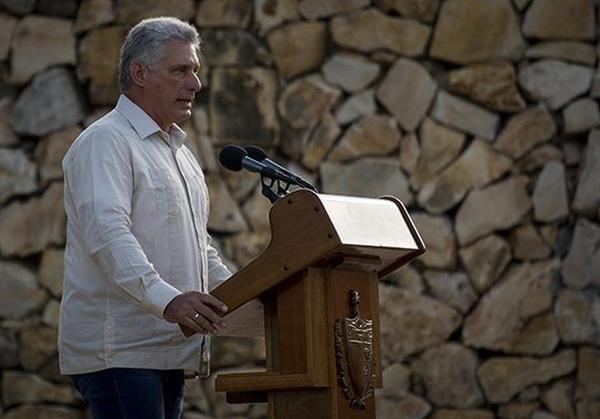
In an official event in Bayamo, eastern Cuba, President Miguel Diaz-Canel highlighted the importance of unity for the revolutionary process on the island
On Wednesday, Cubans celebrated 150 years since the beginning of the wars for independence, which many argue were only successful when the Cuban Revolution ousted dictator Fulgencio Batista in 1959. The first uprising against Spanish colonial rule, led by Carlos Manuel de Cespedes, the “father of the homeland” was on Oct. 10, 1868.
The morning of Oct. 10, 1868, Cespedes declared Cuba’s independence and drafted a new constitution that enshrined the abolition of slavery and Cuba’s sovereignty. Shortly thereafter, Spanish forces were taken to Cuba to quash the rebellion. The rebels temporarily succeeded 10 years later when they held peace negotiations and Spain granted Cubans some concessions like allowing them to establish commerce with other powers.
Diaz-Canel also stressed that Cubans are heirs to the legacy of independence through heroes like Jose Marti, Antonio Maceo, Fidel Castro, and others who fought for Cuban independence.
Marti and Maceo, who inspired the Cuban Revolution of the late 1950s, led a second attempt to gain independence in 1895.
With help from the United States, Cuban rebels defeated Spain in 1898 only to find themselves under U.S. occupation.
In 1902, the U.S. gave Cuba its independence but only symbolically because it reserved the right, through the Platt Amendment, to intervene in Cuban affairs to protect its interests.
Cuban economic and political independence from the U.S. was not obtained until the guerrilla movement successfully took power with the support of the majority of the Cuban people who welcomed them to Havana on Jan. 1, 1959.
 Escambray ENGLISH EDITION
Escambray ENGLISH EDITION





Escambray reserves the right to publish comments.